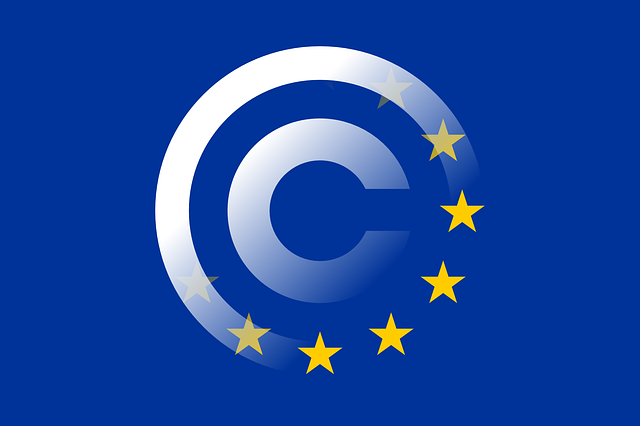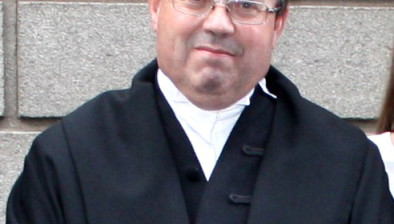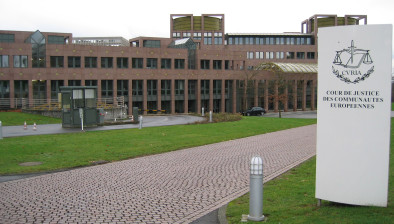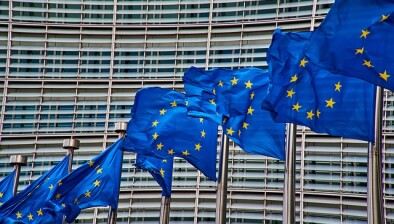EU member states to implement controversial copyright laws within two years

EU member states have two years to implement controversial new copyright laws following their adoption by the EU Council of Ministers.
Ireland and the UK were among the 19 member states who voted in favour of the adoption of the EU Copyright Directive at yesterday’s meeting, with just six countries voting against and three abstaining.
It was approved by the European Parliament last month in a 348-274 vote with 36 abstentions.
Speaking after yesterday’s vote, Valer Daniel Breaz, Romania’s minister for culture and national identity, said the EU member states had “achieved a balanced text”.
He said the directive would create “multiple opportunities for Europe’s creative sectors, which will thrive and better reflect our cultural diversity and other European common values, but also for the users, whose freedom of expression on internet will be consolidated”.
However, the new rules have come under severe criticism from technology companies and digital rights activists, who say it will undermine freedom of expression.
The most controversial elements of the directive are articles 13 and 11.
Under article 13, the Electronic Frontier Foundation (EFF) has said all but the smallest web platforms would have to adopt “defensive” copyright filters to scrutinise all user-uploaded content.
The EFF has said such filters “primarily stop legitimate users (including creators) from doing legitimate things, while actual infringers find them relatively easy to get around”.
MEPs responded to criticism by introducing an exemption “for purposes of quotation, criticism, review, caricature, parody and pastiche”, but critics warn that tech companies will struggle to identify exempt content using automated filters.
Meanwhile, Article 11 would allow press publications to “obtain fair and proportionate remuneration” for the short snippets of articles used by search engines and news aggregators like Google News.










